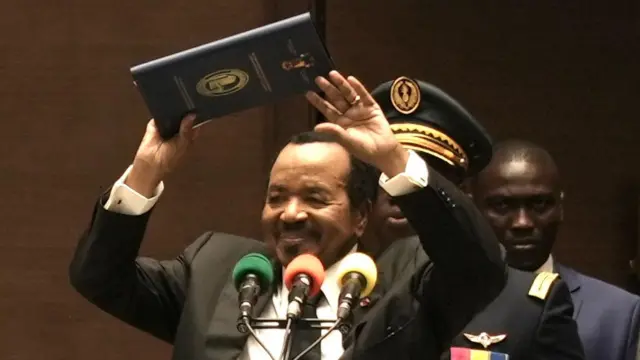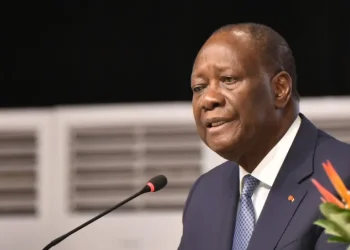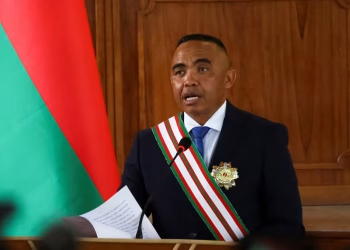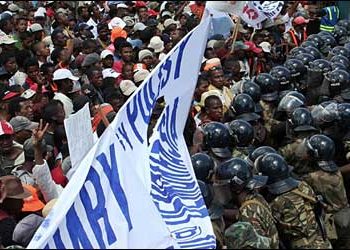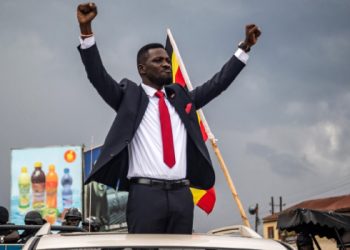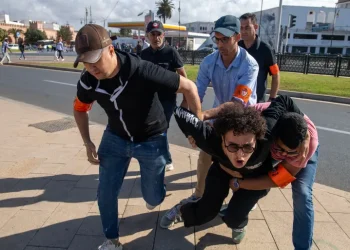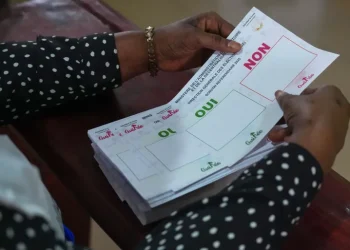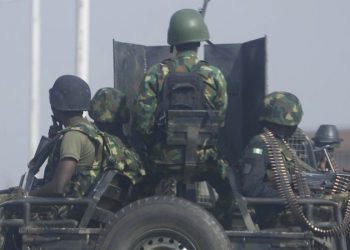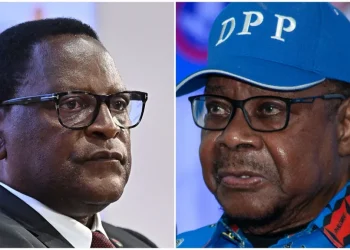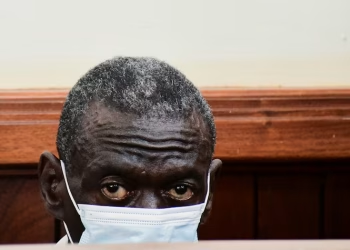The Paul Biya eighth term as Cameroon’s president has officially begun following a tense swearing-in ceremony in Yaoundé. At 92, Biya remains the world’s oldest serving president, extending his rule that began in 1982. His inauguration came just days after deadly protests erupted nationwide over alleged election fraud.
Biya secured 54% of the vote, defeating opposition leader Issa Tchiroma Bakary, who received 35%, according to official results. The opposition rejected the outcome, claiming widespread irregularities and demanding new elections. The National Human Rights Commission reported at least 14 deaths and over 1,200 arrests, though independent observers suggest the toll may be higher.
Promises of Order and Stability
In his speech, the veteran leader vowed to restore calm, accusing “irresponsible politicians” of fueling chaos. “I can assure you, order will reign,” he declared, praising the electoral commission Elecam for conducting what he called a “satisfactory” poll. Biya also promised to prioritize youth empowerment, women’s development, and anti-corruption measures during his new term.
However, critics argue that Biya’s pledge of reform contrasts sharply with his long-standing record of centralized rule and limited political freedom. For decades, he has maintained a firm grip on power while suppressing dissent through loyal security forces.
Opposition Defiance and Growing Discontent
The Paul Biya eighth term has deepened divisions across Cameroon. Tchiroma Bakary, a former information minister turned opposition figure, led strikes in his strongholds of Garoua and Douala, calling for international sanctions against government officials. “We will resist until our victory is recognized,” he declared.
Judges at the Constitutional Council dismissed multiple petitions challenging the results, citing insufficient evidence of fraud. The opposition, however, maintains that the ruling was politically motivated.
As Biya embarks on another term, many Cameroonians—most under 30—remain skeptical of change under a leader who has governed since before they were born. With economic inequality, separatist tensions, and youth unemployment worsening, his administration faces an uphill task in restoring public trust and national unity.
